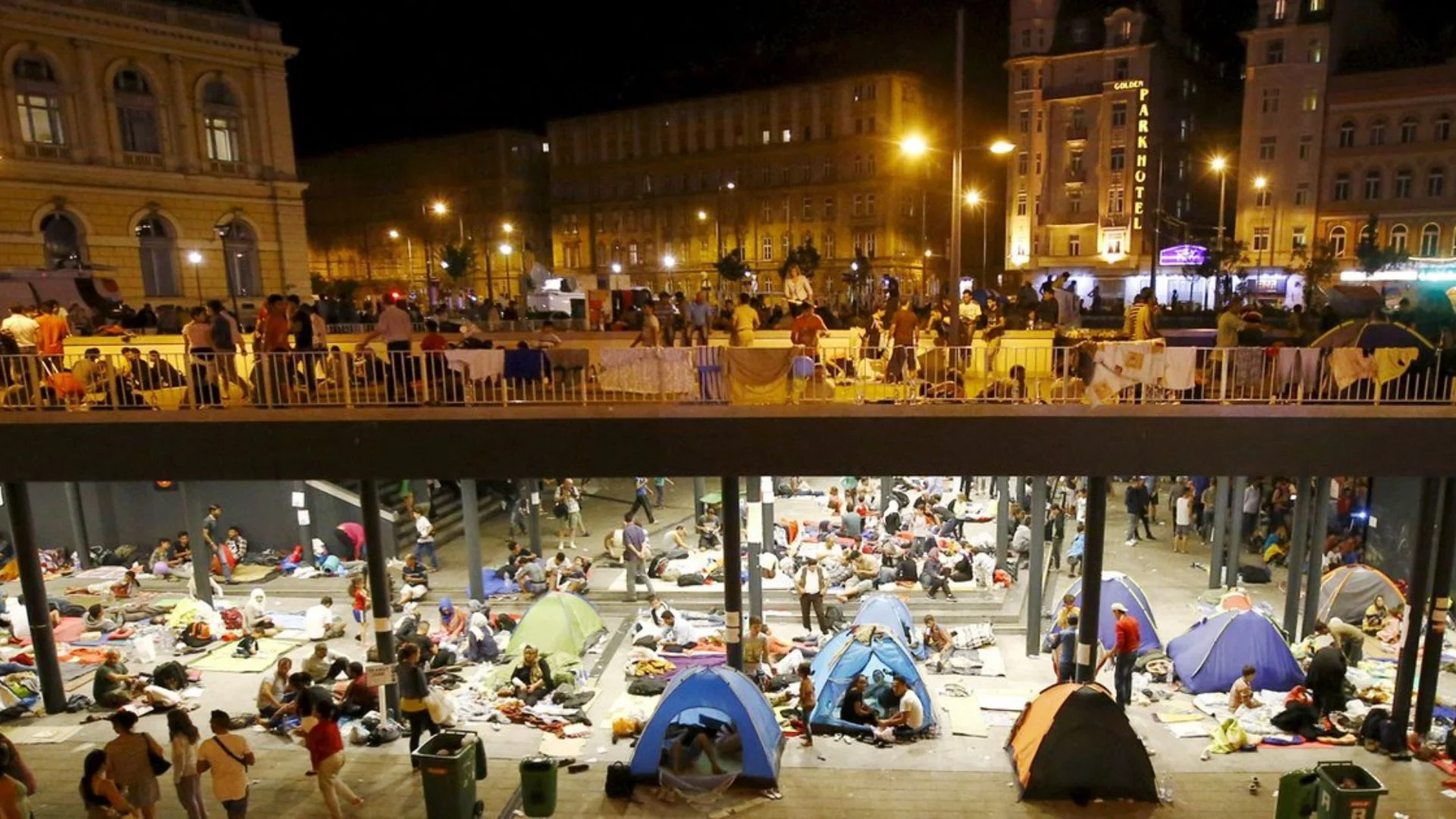Poland plans to temporarily suspend the right to asylum as part of a comprehensive strategy aimed at curbing irregular migration, particularly due to rising tensions with Belarus. Prime Minister Donald Tusk announced this measure, accusing Belarus of facilitating the movement of migrants across their shared border.
During a recent congress of his liberal Civic Coalition (KO), Tusk stated, “One of the elements of the migration strategy will be the temporary territorial suspension of the right to asylum.” He emphasized the need for recognition of this decision across Europe, asserting that Belarusian President Alexander Lukashenko, Russian President Vladimir Putin, and people smugglers are exploiting the asylum process, undermining its fundamental purpose.
The issue of migration has gained significant attention in Poland since a border crisis in 2021, which saw thousands of asylum seekers from Afghanistan, Syria, and the Kurdish region of Iraq attempting to enter Poland via Belarus. Both Warsaw and the European Union have characterized the situation as a crisis orchestrated by Minsk and Moscow.
Belarusian authorities reportedly facilitated the travel of migrants from the Middle East to Belarus through tourist agencies, leading them to believe they could easily access the European Union. Thousands received tourist visas to fly to Minsk, subsequently heading toward the Polish border.
Tusk is set to present the migration strategy at a government meeting on October 15, coinciding with the first anniversary of his coalition’s election victory. Since taking office in December 2023, Tusk has implemented stringent migration policies that have garnered widespread public support but disappointed activists hoping for a shift from the previous nationalist government’s stance.
Marysia Zlonkiewicz from the NGO Grupa Granica criticized the planned asylum suspension as unconstitutional, warning it would drive migrants into the hands of smugglers. “Prime Minister Tusk is violating the constitution that he promised to defend … You cannot selectively exclude or deprive people of constitutional rights,” she stated.
Poland has faced accusations of “pushbacks” against non-European refugees and migrants attempting to enter the country via a designated “red zone” along the border with Belarus. Although the red zone was closed in 2022 after the construction of a steel wall, it was reopened in 2024 following the death of a Polish soldier on the border.







